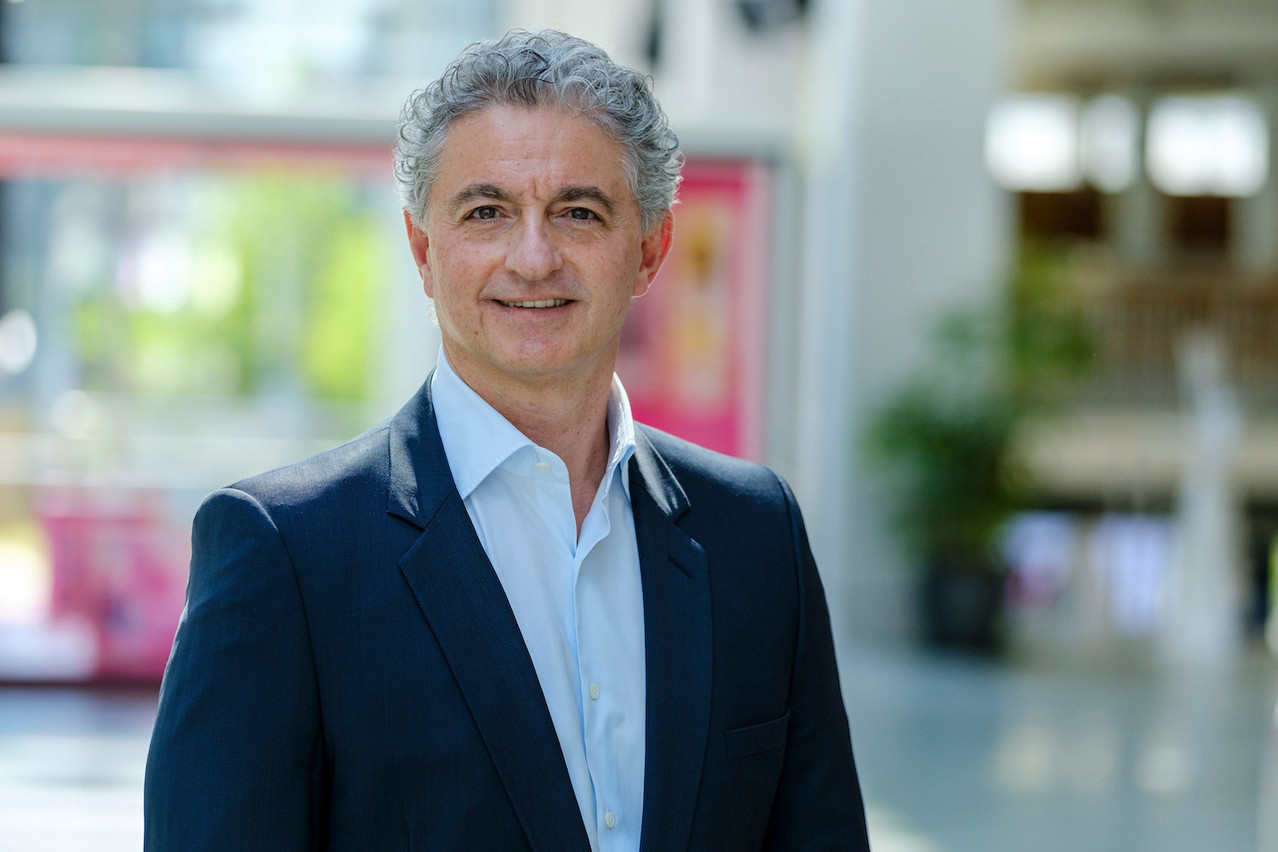Earlier this year, T-Systems was named a “top employer” in Germany. “T-Systems scored particularly well in the areas of leadership, career, HR strategy, organisation and change, digital human resources, working environment, employer brand and ethics and integrity,” says a statement.
The feat was in large part thanks to Adel Al-Saleh, who was poached by the telecom company from Northgate Information Solutions in 2018 for his ability to “manage change,” i.e., to slim down companies. Some 10,000 employees were cut from the payroll over Al-Saleh’s five-year tenure.
It got off to a rocky start in January 2018: Al-Saleh announced via the intranet that he intended to split the company--which was created in 2000 from the merger of Daimler and Telekom--into at least two entities. In this, he bypassed the obligatory “works council” procedure. In a press release, the Ver.di trade union reminded him that he was no longer working in the US or the UK, but in Germany.
“Heavy metal in an old folks’ home”
“A lot of energy, a lot of emotion, a clear strategy,” said Al-Saleh in the video message in 2018. He stands surrounded by company leaders and says, “Are we ready, leaders?” His people raise their fists and respond, “Yeah!” Manager Magazin, a monthly magazine in Germany, called the scene “heavy metal in an old folks’ home.”
To make T-Systems leaner, Al-Saleh started by outsourcing certain Deutsche Telekom activities and giving others to some 5,000 T-Systems employees. Then, in July 2020--six months after an agreement was reached with the works council--he did the same thing again, integrating more T-System services into Deutsche Telekom’s business customer segment in order to “gain” another 3,000 employees.
Some two years after his arrival, the graduate of Boston University (1987) and Florida Atlantic University (1990) had almost achieved his initial objective, yet his contract wasn’t extended for a second term until April 2022. “Adel is a proven leader who has laid the foundations for growth and a profitable future at T-Systems,” said Deutsche Telekom CEO Tim Höttges at the time, saving Al-Saleh from bad press over his methods. The CEO had to defend Al-Saleh again when, in November 2022, rumours were flying that T-Systems was going to be sold. (It wasn’t, though a large chunk of it went over to Deutsche Telekom.)
Consensus barely positive
While Al-Saleh succeeded in reducing costs (by cutting salaries) and reorienting the company (with the help of aggressive communication plans), it’s less clear whether he ever hit his second objective: improving the company’s financial results. Following the split, the revenue target fell from €7bn to €4bn (actually €3.8bn). Projections currently have revenues stagnating, from €3.855bn (2023) to €3.915bn (2027), for an adjusted EBITDA--earnings before interest, taxes, depreciation and amortisation--of €304m to €322m.
In any event, Al-Saleh won’t get the chance to benefit from any profit growth: Deutsche Telekom’s annual results will only be published on 24 February 2024, one month after he joins SES, the world’s leading satellite operator whose ambition is to hit €2bn in annual revenues with its (as of 1 January 2023) 680 employees.
As an American with experience in Germany--and who has additionally become a Londoner through and through--Al-Saleh holds the cultural keys to SES’s two biggest markets. But he also brings familiarity with cloud technologies, thanks to T-Systems’s quantum-as-a-service offering. This experience is of potential interest to SES not only for data traffic via satellites, but also for its project to distribute quantum keys designed to guarantee the cybersecurity of information in transit.
Debt and satellites
While the Luxembourg satellite company has not managed to establish its position as the world leader in terms of sales or infrastructure--in the face of competition from behemoths like Starlink, Amazon Kuiper and Eutelsat-OneWeb--it has taken advantage of the $3bn in pre-tax profits from the American 5G market to put its financial situation on a sounder footing. This should enable the chair of its board, Franck Esser, to keep the promise he made at the beginning of 2023: next year, SES will keep its adjusted net debt to an EBITDA level below 3x (it was 4x in 2022 and is projected to be 3.5x this year).
The incoming CEO will have to keep to this timetable, but faces challenges already. Namely, the problems SES has encountered problems with its O3b mPower generation, which was unexpectedly interrupted, meaning that interim CEO and former chief technology officer Ruy Pinto had to reach an agreement with Boeing so that all the satellites could be updated without exceeding the financial envelope that SES had intended to devote to them. The fifth and sixth satellites will finally be launched at the beginning of November for entry into service in the second quarter of 2024, six months behind schedule.
At the age of 60, then, Al-Saleh will have the chance to make one of Luxembourg’s star companies really shine.
This article in Paperjam. It has been translated and edited for Delano.
